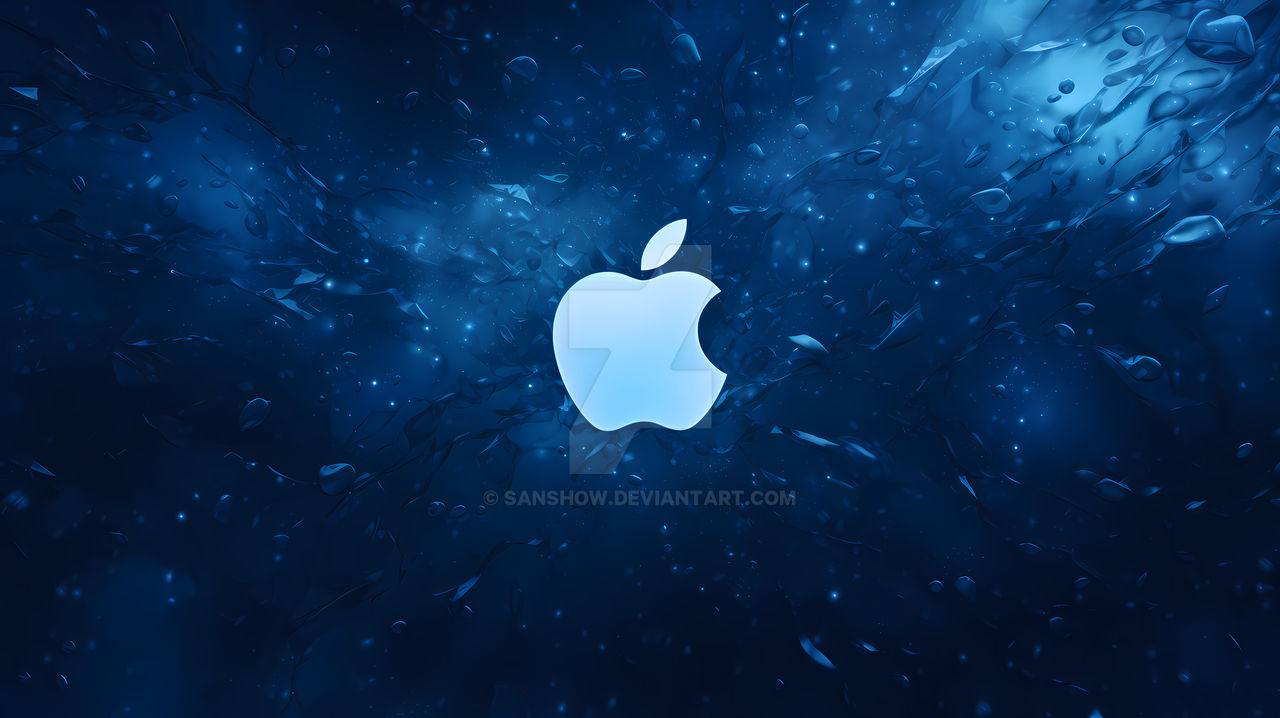
Apple is once again pushing the boundaries of technology with its forthcoming intelligence system, a powerful AI app that promises to enhance user experience across its device ecosystem.
While the specifics of the app’s features remain under wraps, the hardware requirements for running this advanced AI system have been explicitly detailed.
This has led to considerable speculation about the app’s capabilities and the potential impact on consumers, businesses and the market.
Table of Contents
Apple’s new intelligence system is expected to be a game-changer, leveraging complex algorithms and machine learning to deliver unprecedented performance.
However, such power comes with hefty hardware demands, indicating that the app will be resource-intensive. Here’s a breakdown of the hardware needed:
To run the new AI app on an iPhone, users will need a device equipped with the A17 Pro chip running iOS 18. The compatible models include:
For iPad users, the A17 Pro chip with iPad iOS 18 is necessary. The supported models are:
MacBook users will need devices with the 2020 M1 chip or newer, running Mac OS 15 Sequoia. The compatible models include:
iMac users will need an M1 chip or newer, also running Mac OS 15 Sequoia. The compatible models are:
For Mac Mini, Mac Pro, and Mac Studio, the requirements are similar, with support for M1 chips onwards, running Mac OS 15 Sequoia:
The stringent hardware requirements suggest that the new Apple intelligence app will be highly demanding, likely utilizing significant processing power, memory, and advanced graphics capabilities.
This could mean unparalleled performance for tasks such as augmented reality, complex data processing, and real-time language translation, but it also poses challenges for users with older hardware.
For those with legacy devices not meeting the specifications, Apple’s ecosystem offers powerful browser-based AI systems as an alternative.
These cloud-based solutions can deliver high performance without taxing the local hardware, providing a viable option for users not ready to upgrade their devices.
Apple’s history of tightly integrating hardware and software is a key strength, and the new intelligence system exemplifies this strategy.
The detailed hardware requirements underscore Apple’s commitment to ensuring optimal performance and user experience.
This also aligns with the broader industry trend of AI and machine learning becoming central to consumer technology.
As Apple prepares to launch its groundbreaking intelligence system, the specified hardware requirements highlight the company’s dedication to pushing the envelope of innovation. While the exact capabilities of the new AI app remain to be seen, the anticipation is palpable.
For those eager to experience cutting-edge technology, visiting an Apple MacBook store or other Apple retail locations will provide firsthand insight into the future of intelligent computing.
Whether through new hardware purchases or leveraging cloud-based alternatives, users have multiple pathways to engage with Apple’s latest advancements.
In summary, Apple’s new intelligence system is poised to revolutionize the tech landscape, driven by powerful hardware and sophisticated AI capabilities. The future is bright for Apple users ready to embrace the next wave of intelligent technology.
Why Proper Export Packing Matters Exporting fragile and valuable items requires careful planning. Incorrect packing…
Pallet racking plays a central role in how a warehouse functions day to day. The…
Owning commercial property represents a significant financial and operational commitment. Whether the asset is a…
Exploring island beaches, diving locations, or the energetic city life are all amazing experiences when…
Growth in the mortgage sector requires more than increased case volume. Advisers must balance commercial…
Acoustics are crucial in any space, whether it's an office, classroom, or home workspace. Poor…